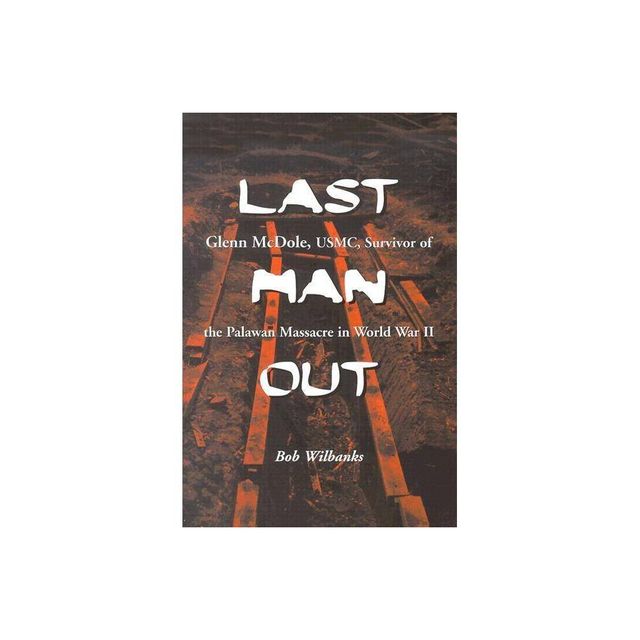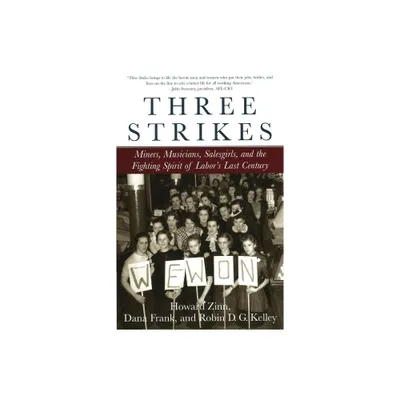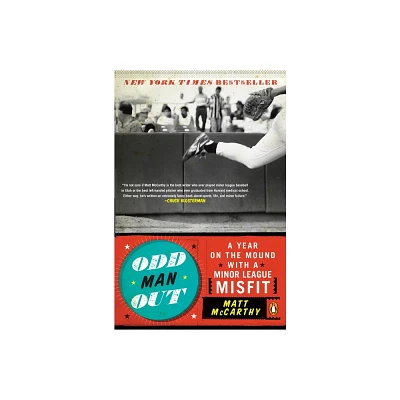Home
Doubleday Doubletake: One Ball, Three Strikes, Man Out
Loading Inventory...
Barnes and Noble
Doubleday Doubletake: One Ball, Three Strikes, Man Out
Current price: $19.95


Barnes and Noble
Doubleday Doubletake: One Ball, Three Strikes, Man Out
Current price: $19.95
Loading Inventory...
Size: Paperback
*Product Information may vary - to confirm product availability, pricing, and additional information please contact Barnes and Noble
For a century or more, Abner Doubleday was credited with inventing the modern game of baseball in Cooperstown in 1839. His name is on historical markers, playing fields, and for a time, even a professional baseball team. The Hall of Fame opened in Cooperstown on the hundredth anniversary of his invention.
Grandson of Revolutionary War heroes and son of a congressman, Doubleday was a West Point graduate and a military hero in his own right. He was the kind of man who should have invented baseball. And the idyllic Village of Cooperstown was the kind of place it should have been invented.
More recently, however, baseball historians have discounted Doubleday's role altogether. Some have gone so far as to speculate that, being long dead when the myth was created around 1905, Doubleday was a convenient foil for a conspiracy led by Albert Spalding, an adherent of Theosophy, a prominent philosophical and religious movement of the day, to set in stone the American roots of the game.
What if the historians are right? And wrong? And at the same time? What if we have only begun to grasp the true dimensions of the mystery surrounding Abner Doubleday and the origins of baseball?
Tech entrepreneur Paul Chi Mannington is after a still deeper truth, and Doubleday may point the way. Paul calls on baseball sleuth Adam Wallace to put the Doubleday myth to the test. But he's not the only one on Abner's trail.
Grandson of Revolutionary War heroes and son of a congressman, Doubleday was a West Point graduate and a military hero in his own right. He was the kind of man who should have invented baseball. And the idyllic Village of Cooperstown was the kind of place it should have been invented.
More recently, however, baseball historians have discounted Doubleday's role altogether. Some have gone so far as to speculate that, being long dead when the myth was created around 1905, Doubleday was a convenient foil for a conspiracy led by Albert Spalding, an adherent of Theosophy, a prominent philosophical and religious movement of the day, to set in stone the American roots of the game.
What if the historians are right? And wrong? And at the same time? What if we have only begun to grasp the true dimensions of the mystery surrounding Abner Doubleday and the origins of baseball?
Tech entrepreneur Paul Chi Mannington is after a still deeper truth, and Doubleday may point the way. Paul calls on baseball sleuth Adam Wallace to put the Doubleday myth to the test. But he's not the only one on Abner's trail.


















